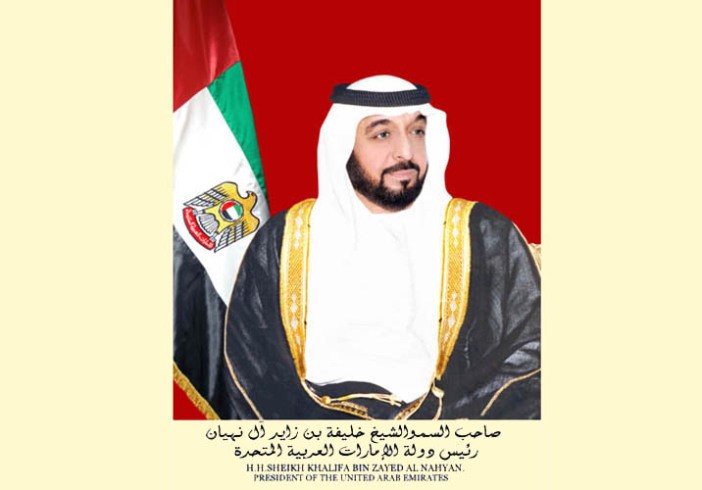Media Center
President issues amended law on Federal Customs Authority
President His Highness Sheikh Khalifa bin Zayed Al Nahyan, has issued the amended federal law No (8) of the year 2015 on the Federal Customs Authority (FCA) introducing a number of amendments that come in line with efforts of the UAE government to streamline the work to safeguard the community, boost the reputation of the country as a hub nurturing businesses and investments, facilitate trade, and improves the UAE’s global competiveness.
The amended law aims to improve the competitiveness of customs work by boosting performance and system. It also seeks to unify all customs procedures, which facilitate work in UAE’s border checkpoints.
Comprising 23 articles, the law addresses FCA's mandate, as well as introduces senior management positions of the authority and their mandates. The amended law will replace law no 1 of the year 2003 on establishing the Federal Customs Authority and its previous amendments. The Federal Customs Authority shall be an independent entity and having an independent budget and report to the UAE Cabinet.
The amendments to the law will help improve the role of the FCA in supporting customs work in the UAE which will eventually contribute in the community, boost trade and ease business doing.
The FCA is responsible for customs-related matters in the UAE by developing the general policy on customs in cooperation with local customs entities, supervising and monitoring the implementation of the policy after adoption by the UAE Cabinet. The authority also proposes customs-related legislations and ensures due implementation. The amended law will enable the authority to prepare, unify, adopt customs risk management criteria as well as develop joint regulations to manage risks. It shall also adopt best-in-class practices in customs and ensure implementation across the UAE.
The FCA is also tasked with setting tariffs on customs services and ensuring implementation in cooperation with relevant local entities to be endorsed by the cabinet. In addition, it shall develop and endorse customs procedures for inspection, tariffs, date and licenses as well as monitor the implementation.
The FCA shall inspect imported, exported and in-transit commodities in all customs checkpoints across the UAE. If requested, the body may operate customs checkpoints in the UAE. The FCA also gleans and publishes customs-related data and statistics in the UAE.
Meanwhile, the scope of work of the authority is implementing measures to ensure UAE joins the Customs Union of the Gulf Cooperation Council and any other customs unions. The FCA will develop and endorse a central mechanism in cooperation with relevant local customs entities to levy and distribute customs fees with GCC Member States according to conventions in place. It also provides necessary support to local customs departments if requested and any other tasks as mandated by the UAE Cabinet.
Pertaining to Judicial powers, the FCA’s staff, whose duties are set according to Minister of Justice’s decree, shall have judicial powers to undertake legal actions according to provisions of the law.
On organisational matters, the amended law introduces a new title of chairing the authority as "Customs Commissioner", a minister-grade position, and shall be appointed by a federal decree for a renewable tenure of three years. It is the most supreme power to oversee the FCA and responsible for manage the affairs and policies of the authority, issue organisational decrees, propose legislations and exercise powers as granted by the law.
The amended law No. (8) of the year 2015 on the Federal Customs Authority will be effective six months after it is published in the Official Gazette


